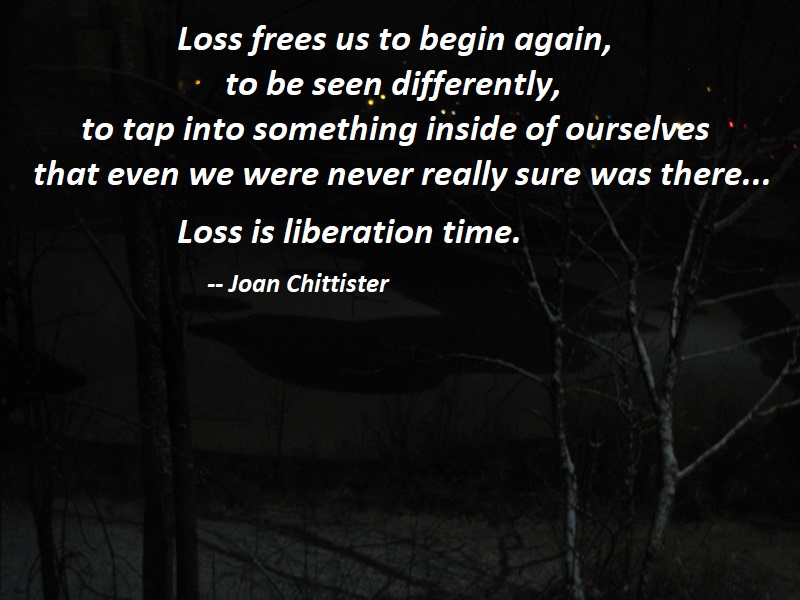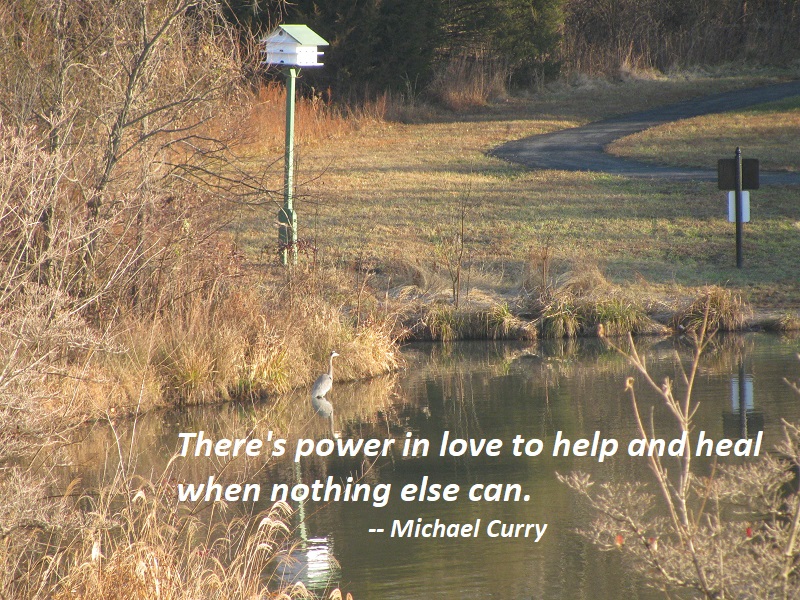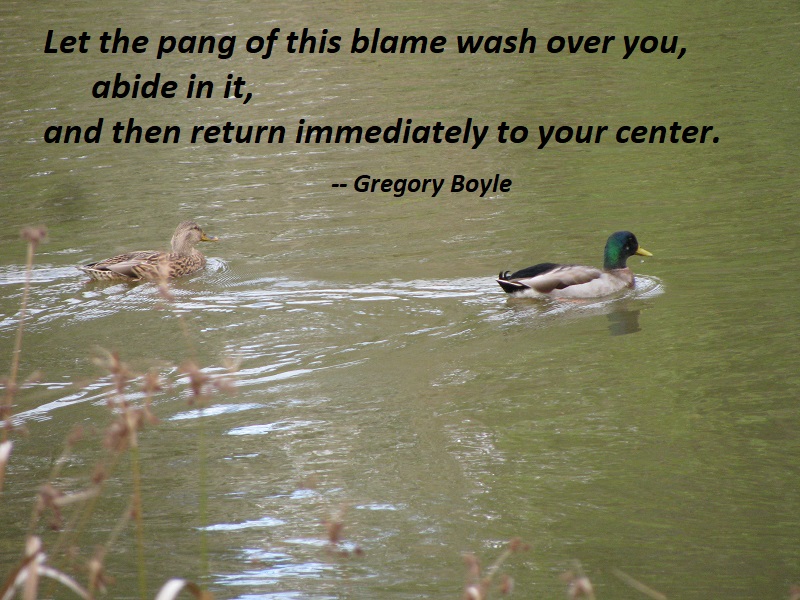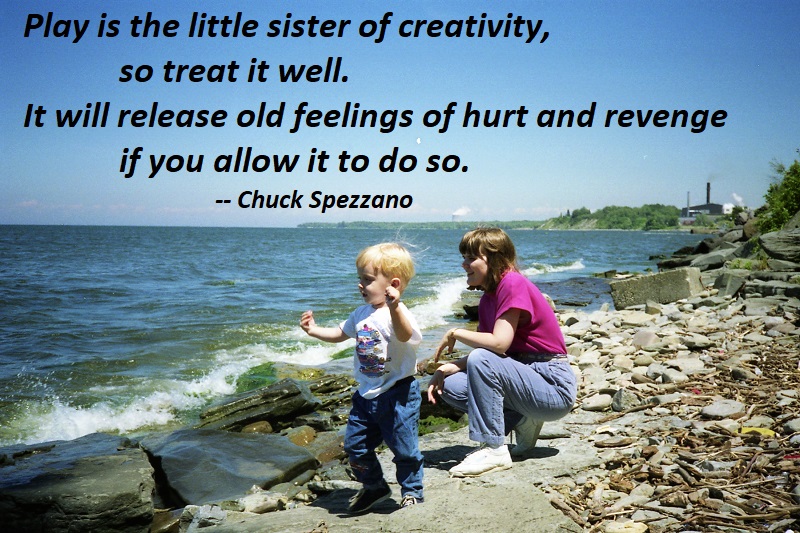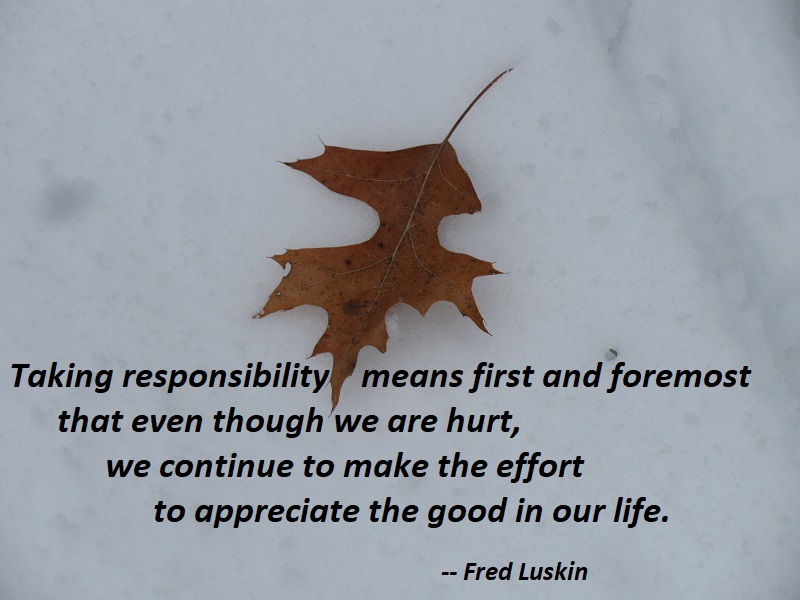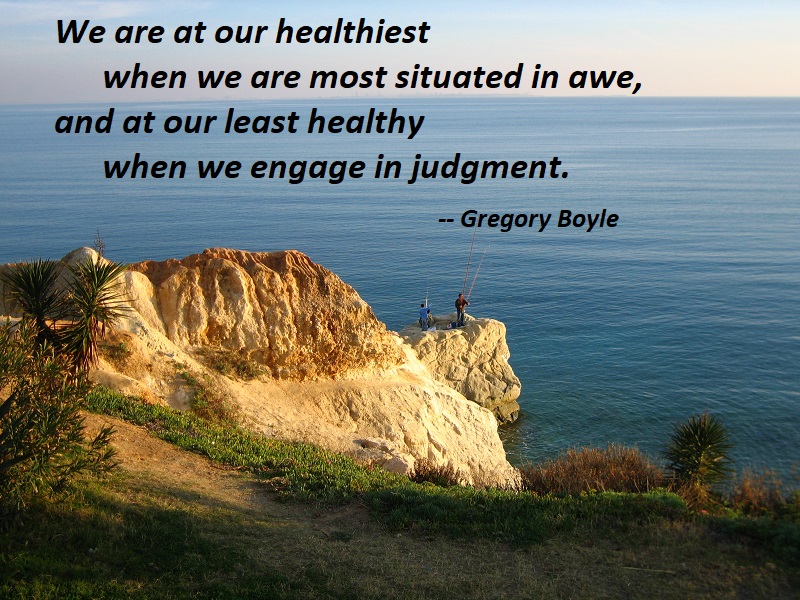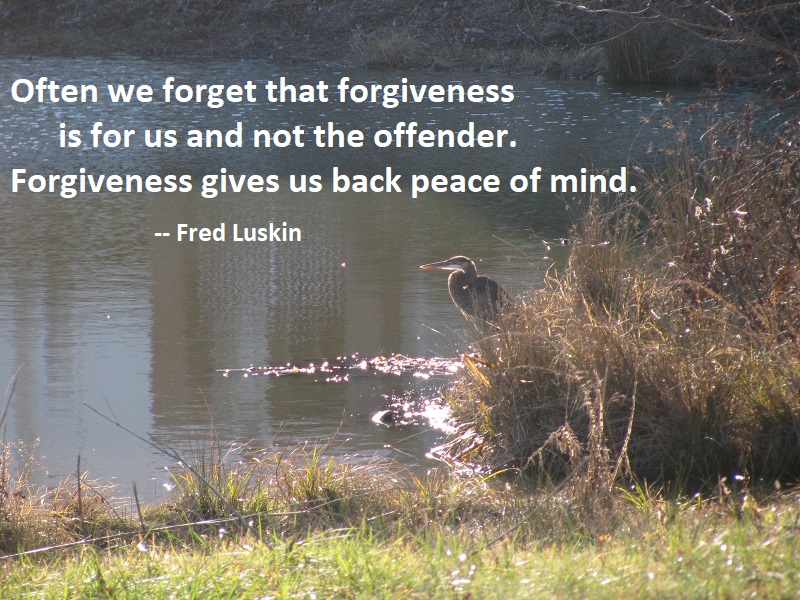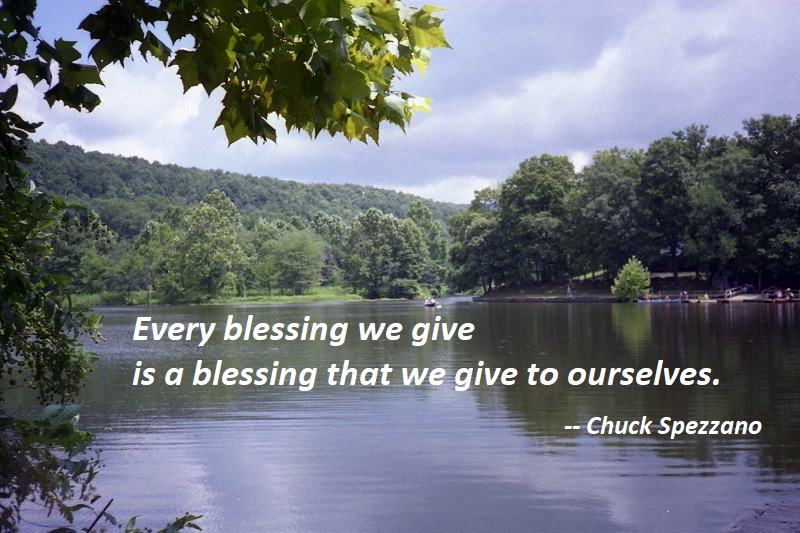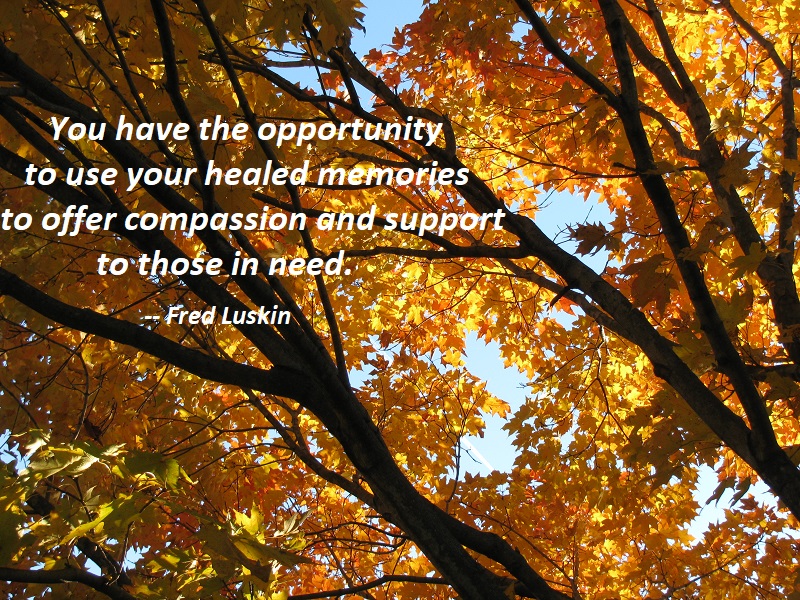The Choice of Empathy
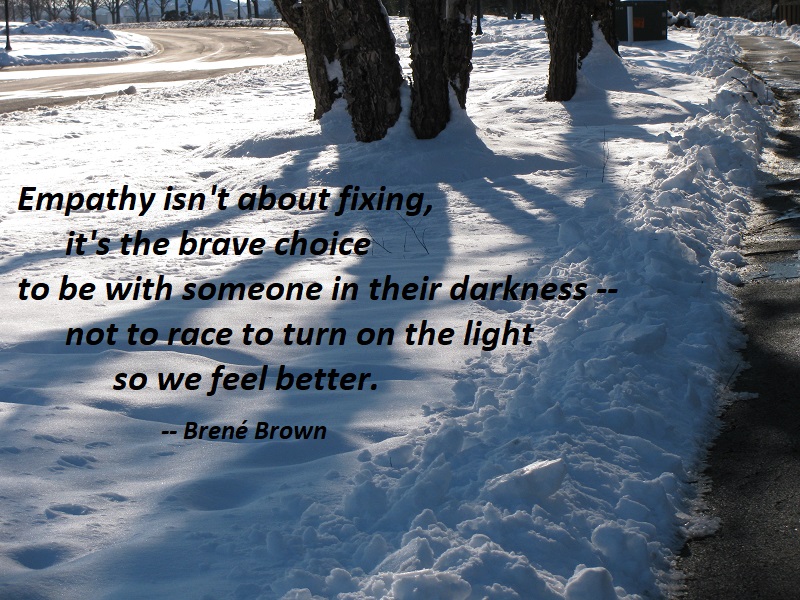
Empathy is a choice. And it’s a vulnerable choice, because if I were to choose to connect with you through empathy, I would have to connect with something in myself that knows that feeling. In the face of a difficult conversation, when we see that someone’s hurt or in pain, it’s our instinct as human beings to try to make things better. We want to fix, we want to give advice. But empathy isn’t about fixing, it’s the brave choice to be with someone in their darkness — not to race to turn on the light so we feel better.
If I share something with you that’s difficult for me, I’d rather you say, “I don’t even know what to say right now, I’m just so glad you told me.” Because in truth, a response can rarely make something better. Connection is what heals.
If struggle is being down in a hole, empathy is not jumping into the hole with someone who is struggling and taking on their emotions, or owning their struggle as yours to fix. If their issues become yours, now you have two people stuck in a hole. Not helpful. Boundaries are important here. We have to know where we end and others begin if we really want to show up with empathy.
— Brené Brown, Dare to Lead, p. 142
Photo: South Riding, Virginia, January 15, 2019
